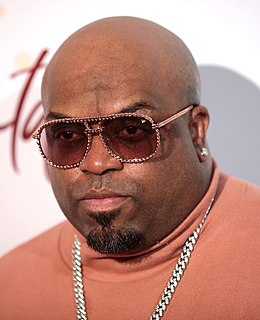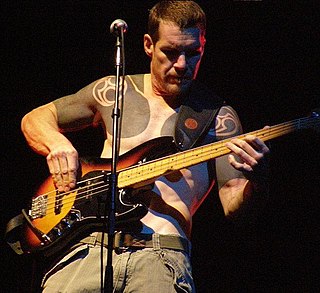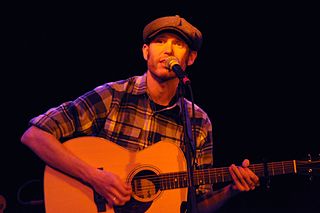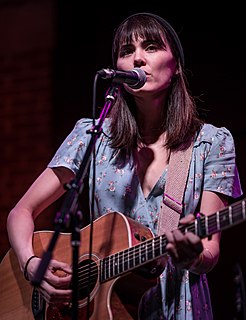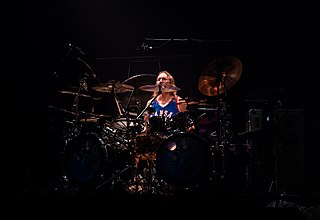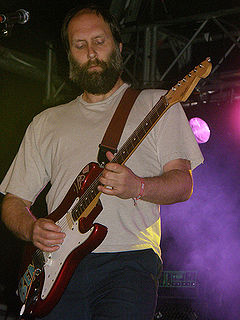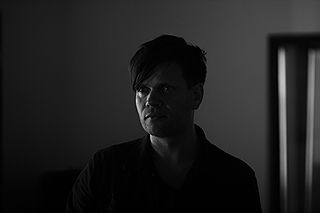A Quote by Chester Bennington
All of our songs take these really big creative turns and twists throughout the process, so sometimes songs will start out as a melody or some musical chord progressions.
Related Quotes
I don't really have a set-in-stone process or formula. Sometimes the melody is there and I have to chase down the lyrics. Sometimes, the song is there and I have to make the melody fit. What I've learned so far about songwriting is that I can't force a song. If I try to do that, it's hollow, and people know a hollow song when they hear it. It's the song they stop listening to and forget about. I'd prefer not to write those kinds of songs.
And the thing about me is, I have a lot of mellow songs, because they're the easiest for me to write. I wanted to try to make some more upbeat songs, so, I ended up gravitating toward writing songs with friends, which was a great learning process, and also we came up with great songs. Those are the songs that came out the most naturally.








